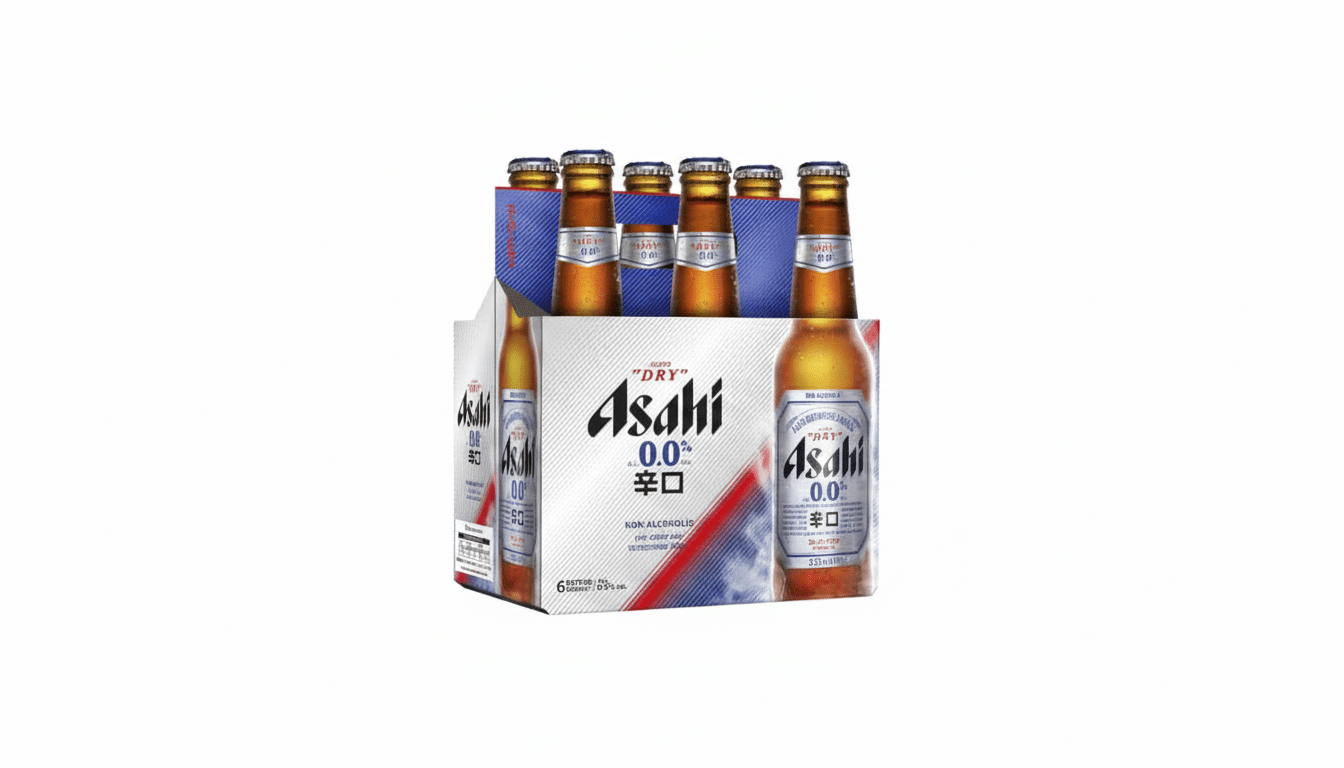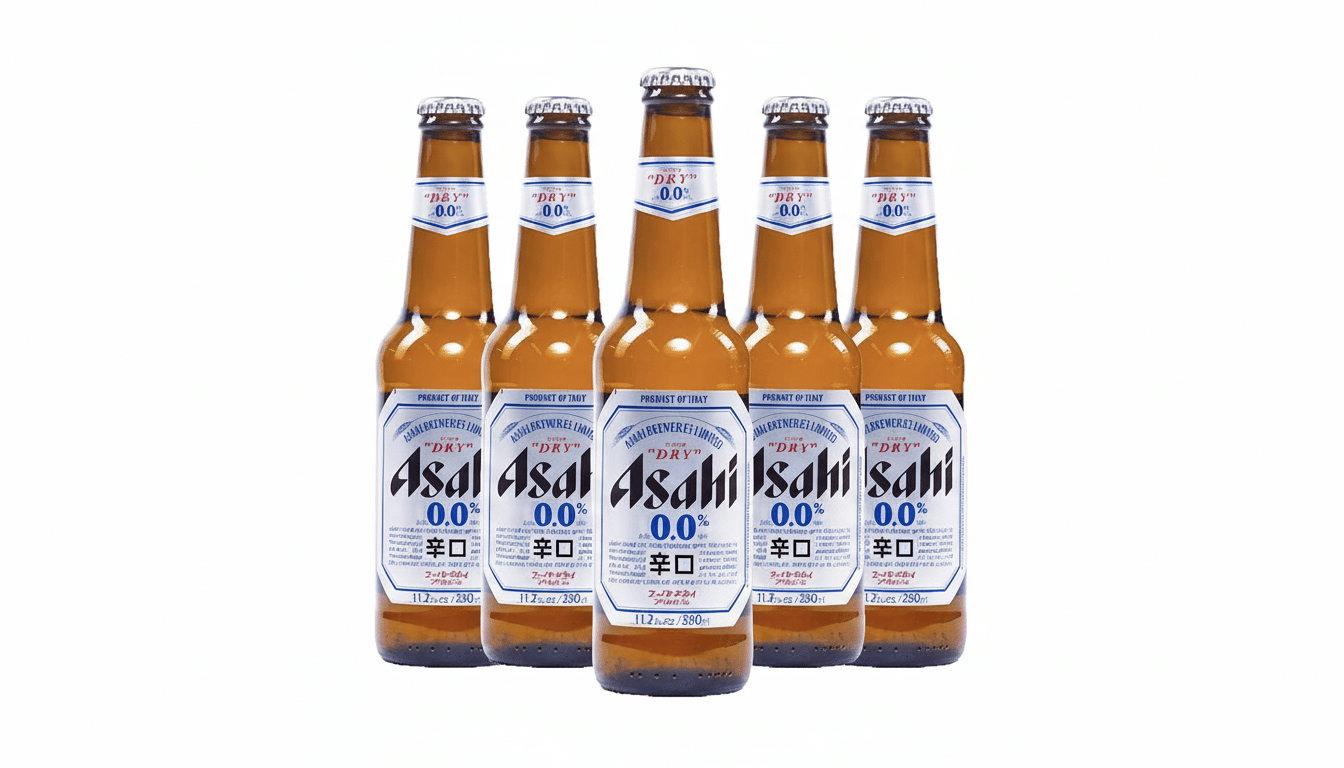Asahi Group Holdings is warning of beer shortages throughout Japan as a ransomware attack has paralyzed the company’s IT infrastructure, causing it to suspend orders and shipments and prompting most of its roughly 30 domestic factories to shut down. The brewer added that there was “no specific timing for recovery” and raised the possibility that its flagship Asahi Super Dry beer could start to run dry in the next few days if distribution is brought to a halt.
What we know so far about the ransomware attack
Asahi revealed that the corporate servers were hit by ransomware and the IT system was forced into an emergency shutdown to stop it from proliferating. The company said that it had identified indicators of potential data exfiltration and was investigating what information might have been accessed. In an effort to reduce further risk, Asahi has kept technical information on the attack private, declining to name who they believe is behind the threat.
- What we know so far about the ransomware attack
- Factories stalled and store shelves tighten across Japan
- Why a single breach can bring a national brand to its knees
- Data exposure and regulatory stakes facing Asahi
- What consumers will notice in stores and restaurants
- The recovery playbook for restoring brewing operations
- Bigger Picture For Japan’s Beverage Sector

The attack seems to be targeting Japan. Overseas operations are largely intact, Asahi said, but domestic brewing, packaging, and logistics are closely connected to enterprise planning systems and manufacturing processes. With those systems down, not even beer that has already been brewed could be labeled, invoiced, or shipped at normal volumes.
Factories stalled and store shelves tighten across Japan
Most of Asahi’s domestic plants had done so, according to the Financial Times, and that has heightened the risk of short-term stockouts in supermarkets and izakaya chains. Asahi has also begun a partial manual process of filling orders — literally handwriting them and arranging for pickup in person — but there is limited capacity, and the company is focusing on food and soft drinks more than alcohol, according to Reuters.
Beer supply chains are time-sensitive. Breweries normally operate with thin stashes of packaged product in order to control for freshness and warehouse capacity. But when order capture, warehouse management and transportation systems all go dark, those buffers evaporate in a matter of days, not weeks.
Why a single breach can bring a national brand to its knees
Today’s beverage companies depend on an integrated stack—ERP for orders and finance, MES for bottling and canning, WMS/TMS for logistics. If any link is locked with ransomware, the rest of the chain slows down or stops. According to security firms like Coveware, the median time out of action due to ransomware is about a week, but when OT and IT are this tightly connected, as in many food and beverage manufacturing companies, recovery stretches longer.
Japan has experienced similar supply shocks due to cyber incidents. A supplier breach in 2022 temporarily stopped Toyota production across the country, and an attack on Nagoya Port in 2023 disrupted flows of cargo. The lesson is clear — one vulnerable set of systems can multiply into wholesale operational gridlock when JIT voodoo controls the day.
Data exposure and regulatory stakes facing Asahi
Asahi’s admission of potential data transfers also raises compliance issues with the Act on the Protection of Personal Information in Japan. If customer, employee or partner data was accessed, notification obligations and audits could ensue. Advice from Japan’s National Police Agency and JPCERT/CC tells organizations not to pay the ransom, focusing instead on containment, forensic analysis and recovery through clean backups.

The bigger near-term worry for suppliers and retailers, though, is disruption. Distributors reliant on EDI and automated billing are now dealing with manual reconciliations, mismatched inventory counts and delivery delays — costs that trickle down through quarter-end reporting results.
What consumers will notice in stores and restaurants
Anticipate on-and-off shortages of Asahi’s Super Dry in cans and kegs to start with, as well as some seasonal or limited ranges. Big grocery store chains might get smaller and smaller allotments, while small shops might have longer wait times. Restaurants can swap taps to competing domestic brews, or imports, until the supply chain evens out.
Pricing does not normally surge immediately in the beer category, which is highly competitive, but promotions and multipack deals are among the first to be removed during shortages. Stores may limit quantities in an effort to spread the remaining inventory around.
The recovery playbook for restoring brewing operations
Staged restarts in the coming days: order intake systems first, followed by warehouse operations, packaging lines and outbound logistics. Key measures include rebuilding from offline backups, verifying the integrity of production-line controllers, rotating credentials and segmenting networks to keep OT isolated from IT incidents.
Analysts say full recovery for a company the size of Asahi often takes weeks of hardening and validation, even after systems are back online. They’re not only trying to restart shipping but want a clean, patched environment that is resistant to reinfection.
Bigger Picture For Japan’s Beverage Sector
Asahi is one of Japan’s largest brewers by volume, and an extended shutdown would give short-term shelf space to rivals. But the incident is less a market-share story than a reminder that cyber resilience has become an inherent supply-chain competency. Industry groups and government ministries have called for manufacturers to conduct tabletop exercises, keep offline backups that are regularly tested and implement zero-trust segmentation across plants.
In the meantime, Asahi says it is moving “with every effort” to restore systems and create manual workarounds. If restoration follows the path of other recent large-scale ransomware incidents, shipments will resume bit by bit, leading to stability in product availability once integrated systems — and confidence in them — return.

